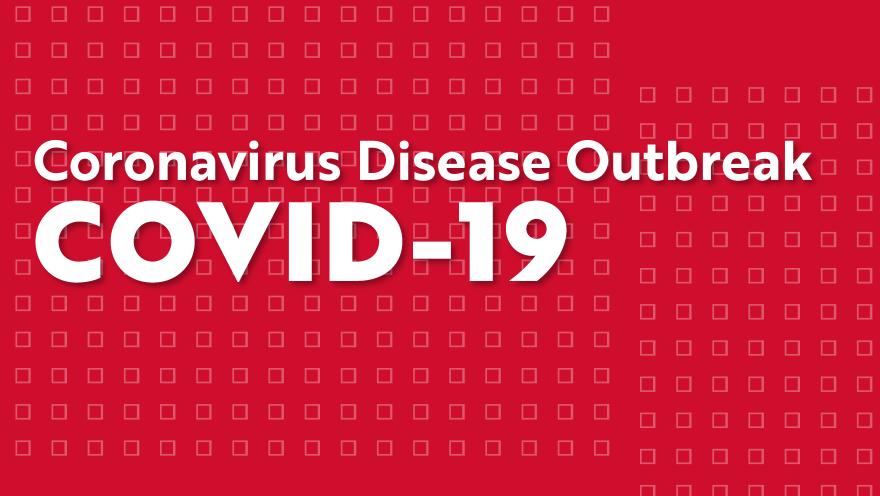In response to congressional action, The Centers for Medicare and Medicaid Services notified providers of a new option for expanded Medicare coverage for telehealth visits. These changes temporarily remove originating site and geographic restrictions from coverage of telehealth under Medicare fee-for-service. This coverage applies to all Medicare-approved telehealth services.
The government temporarily waived restrictions on telehealth in Medicare fee-for-service to enable more seniors to access care from their own homes during the public health emergency brought on by the coronavirus. The provisions were included in the Coronavirus Preparedness and Response Supplemental Appropriations Act.
The telehealth waiver applies to treatment of all diagnosis during the Public Health Emergency, not just COVID-19-related visits.
Prior to this waiver Medicare could only pay for telehealth on a limited basis: when the person receiving the service is in a designated rural area and when they leave their home and go to a clinic, hospital, or certain other types of medical facilities for the service.
Medicare beneficiaries will be able to receive a specific set of services through telehealth including evaluation and management visits (common office visits), mental health counseling and preventive health screenings. This will help ensure Medicare beneficiaries, who are at a higher risk for COVID-19, are able to visit with their doctor from their home, without having to go to a doctor’s office or hospital which puts themselves and others at risk.
The Medicare changes also clarify the ability of telehealth to be delivered through platforms such as Apple FaceTime, Facebook Messenger video chat, Google Hangouts video, or Skype,
“We are thankful the government is expanding telehealth services and making it more accessible during this difficult time,” said Neil Thakur, Ph.D., executive vice president of mission strategy of the ALS Association. “Our ALS community is part of the high-risk group of this virus, and a COVID-19 diagnosis could be devastating to a person living with ALS. Greater access to telehealth helps makes our ALS community safer. .”
For more information and frequently asked questions, CLICK HERE.


Join the conversation. Please comment below.